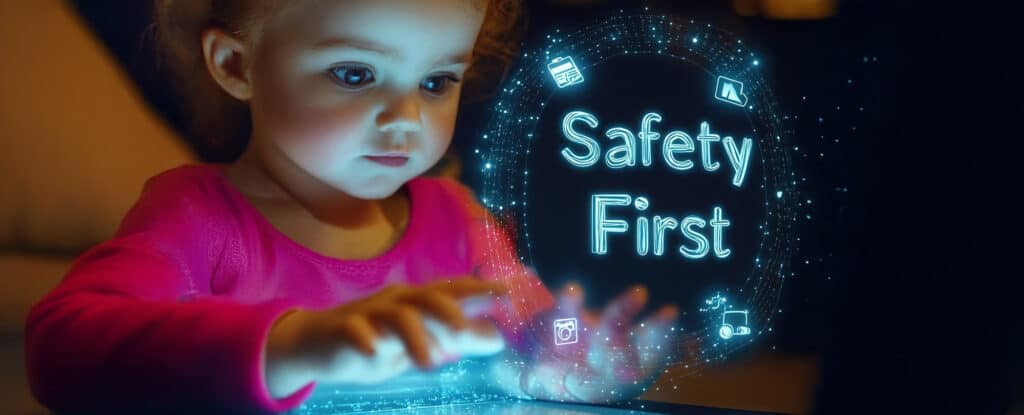theteam@theeducationhub.org.nz
Postal Address
The Education Hub
110 Carlton Gore Road,
Newmarket,
Auckland 1023
The digital tools and digital literacies needed and used by teachers and children in early childhood settings.

Julie Cullen of Sensible Screen Use shares insights from a recently published review which examined the impacts of digital technologies on the health and wellbeing of children and adolescents

Dr Madeleine Dobson (Curtin University, Australia) discusses her research into the representation of children on social media with Dr Vicki Hargraves

Professors Susan Edwards and Leon Straker discuss their Statement on Young Children and Digital Technologies, including current research and practice-advice for educators and families.

Key insights from a webinar with Julie Cullen from Sensible Screen Use.

How technology can be used in different ways to enrich children’s learning.

The key insights from our webinar with Madeleine Dobson on the way children are represented on social media platforms and the importance of considering children's rights and perspectives.

A summary of the key ideas and insights discussed in our webinar with Professors Suzy Edwards and Leon Straker on the use of ICT in early childhood settings.